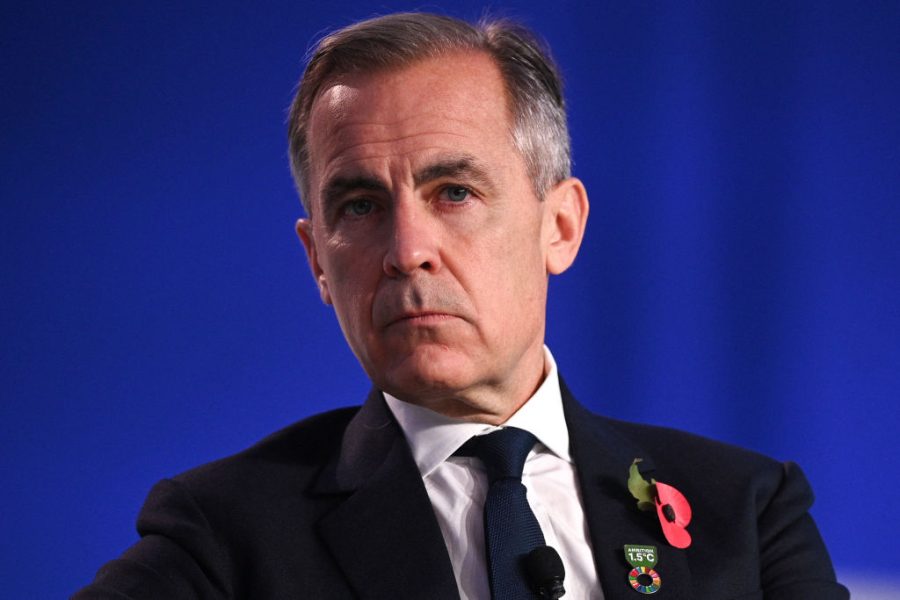It all seemed so unstoppable in April 2021 when a group of the world’s banks, under the guidance of former Bank of England governor turned UN envoy for climate action and finance Mark Carney, announced the creation of the Net Zero Banking Alliance. Founding members, which included Citibank and Bank of America, agreed to reconfigure their lending and investment portfolios ‘to align with pathways to net zero by 2050 or sooner’. In other words they would draw up a plan to stop future lending for nasty stuff like pumping fossil fuels out of the ground.
‘The largest financial players in the world recognise energy transition represents a vast commercial opportunity as well as a planetary imperative,’ declared the then US climate envoy John Kerry. ‘As countries around the world move to decarbonise, the large sums these institutions are dedicating to climate solutions reflect a growing understanding that the transition to a low-carbon global economy will be critical for their business models.’
At its peak, the alliance had 144 members, but no longer will they include Citigroup or Bank of America. Both have announced this week that they are withdrawing. In that, they are following Goldman Sachs and Wells Fargo, both of whom withdrew in December. No longer, it seems, do they believe that stopping lending money for fossil fuels is a critical part of their business models.
In fact, that leaves just one major US-based bank which, for now, continues to be a member: JP Morgan Chase. Apart from a couple of smaller concerns – the Climate First Bank and the Amalgamated bank – US banks are now conspicuous by their absence from the alliance. Their departure has been attributed to Donald Trump’s victory in the US presidential election – with his embryonic administration pressurising financial institutions into continuing to lend to oil and gas companies. Trump did, after all, announce that one of his policies will be to ‘drill, baby, drill’.
But then again it could simply be yet one more case of America leading the world. It is all very well signing agreements, treaties, charters to tackle climate change, achieve net zero or what have you. It is quite another matter when it comes to facing up to their implications.
If banks are going to start to refuse to lend to oil and gas companies it is going to mean that the oil and gas industry is going to be forced out of business long before we have alternative technology capable of filling its shoes. Like it or not, fossil fuels still accounted for 82 per cent of global energy consumption in 2022 – a proportion which is drifting downwards only very slowly, at nothing like the rate which would be needed to reach net zero emissions by 2050. Moreover, the Net Zero Banking Alliance sets a target for decarbonisation which is far more stringent than many countries have individually signed up to. China has said it will try to reach net zero by 2060 (although not at the cost of economic growth) and India 2070. So why did a bunch of banks think they could force it to happen globally by 2050?
The withdrawal of US banks from the net zero alliance underlines how the US is moving in a very different direction on climate issues to Europe. Many Europeans might like to see a Trump-led US as a pariah on this, but then there is little getting away from the fact that, for now, Europe is becoming ever more reliant on US-produced oil and gas. That is going to become even more the case as US banks continue to lend to fossil fuel projects while European banks voluntarily withdraw. The growing gap between US and European economic growth rates could be just about to get even wider.








Comments